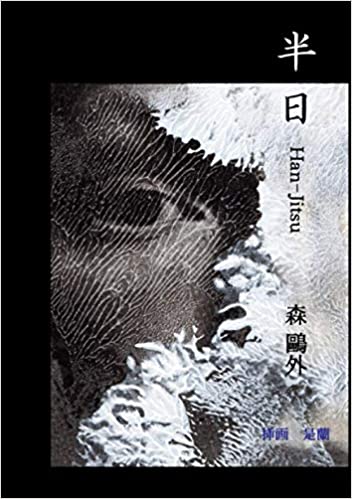Autosuggestion in the late Meiji – “Hanjitu” by Mori Ogai

I believe it was around the age of thirty that I experienced a period where I would wake up every night precisely at 1:47 AM.
No matter what time I went to bed, I would always wake up once during the night, and it was invariably at 1:47.
Looking back now, it seems possible that the repeated waking at that specific time was a result of autosuggestion, where I had subconsciously implanted the idea of waking up at 1:47.
The reason I recalled this story in my life was because of the novel "Hanjitsu" (meaning “half day”) by Mori Ōgai.
In it, there is an episode where waking up is achieved through "autosuggestion."
This novel is Ōgai's first modern novel and is a quite strange tale where the protagonist, who is a version of Ōgai himself, and his wife (who clearly seems to be modeled after his own wife), engage in what can be described as a psychological warfare between a husband and wife, starting from conflicts between the wife and mother-in-law. For example, the protagonist cancels a meeting related to the emperor due to his wife's bad mood in the morning!
In this novel, there is a reference to the protagonist’s mother using autosuggestion to wake up at a desired time. Anyway, while hormones and other factors are involved, being able to wake up abruptly from a tight sleep, unlike the shallow sleep one experiences from tension before exams, is quite remarkable.
The themes of marital disputes and control over wake-up times make this novel, written over a century ago, feel strangely vivid.
Human concerns and physiological states do not change easily, but the depiction of those times in a manner that resonates even today is likely due to the author's perspective and literary skill.
"She has been calling my mother ‘that person’ ever since she came to this house. When asked why not calling her ‘mother’ (note: following Japanese tradition), her answer is always that she came to this house to become my wife, not to become the daughter of my mother." (From "Hanjitsu")
I was very fond of this novel and have self-published it with illustrations on every page as a paperback (Japanese only).
(This pictured book, although with the different format, is selected in the 2018 Japan Book Design Award competition, organized by the Takashi Akiyama Poster Museum).